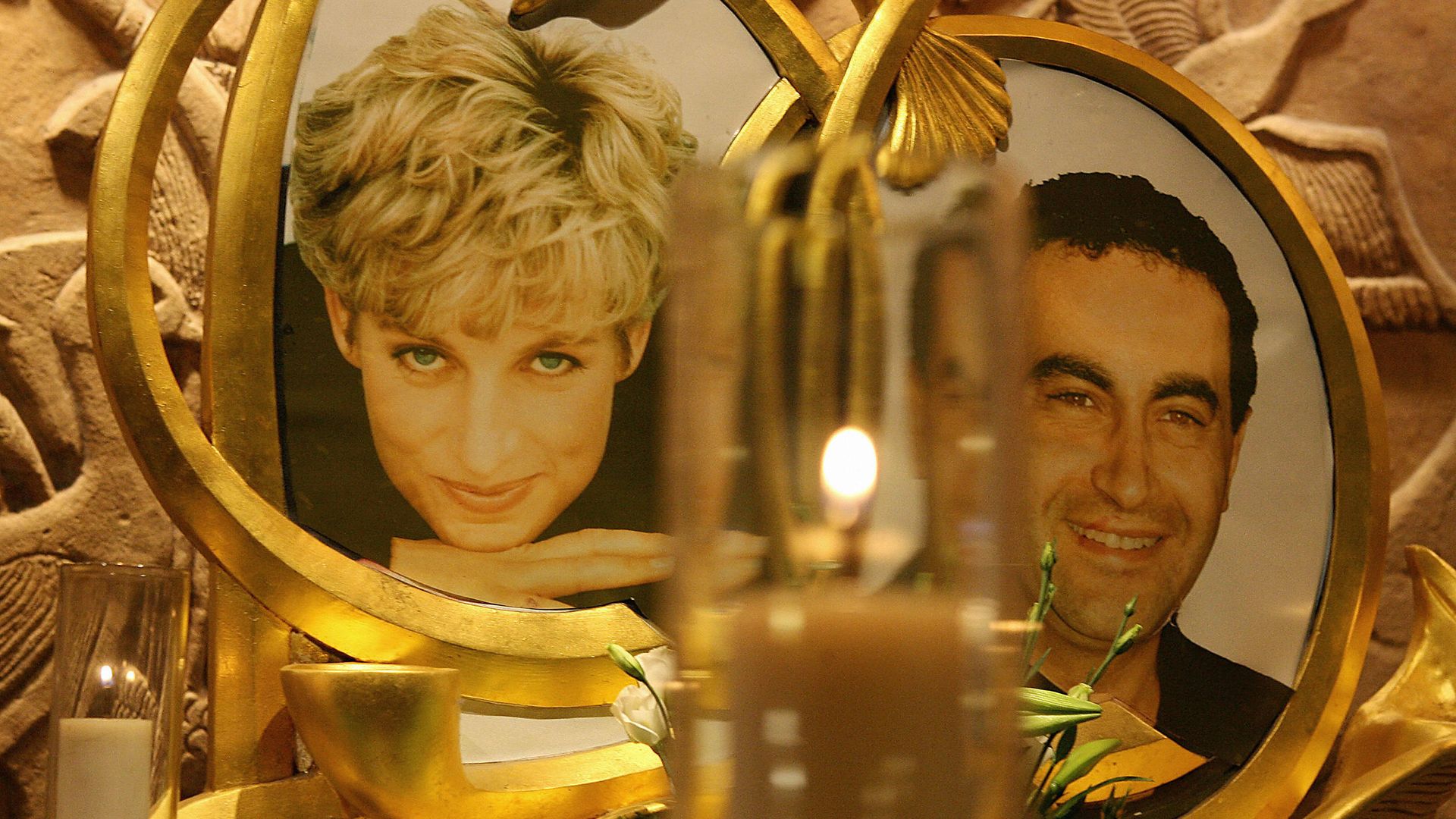
"Chariots of Fire," the 1981 British film directed by Hugh Hudson, continues to resonate profoundly, particularly as the world celebrates the centennial of the Paris Olympics of 1924. Known for its stirring soundtrack by Vangelis and its portrayal of the rivalry between Harold Abrahams and Eric Liddell, the film captured the hearts of audiences then and now.
Set against the backdrop of the 1924 Paris Olympics, "Chariots of Fire" tells the story of two British athletes with very different backgrounds and motivations. Harold Abrahams, played by Ben Cross, runs to overcome prejudice and prove his worth as a Jewish athlete in a predominantly Gentile sport. Meanwhile, Eric Liddell, portrayed by Ian Charleson, runs for the glory of God, refusing to compromise his Christian beliefs even in the face of Olympic glory.
The film's exploration of themes such as identity, faith, and the pursuit of excellence struck a chord with audiences worldwide and earned it critical acclaim. "Chariots of Fire" won four Academy Awards, including Best Picture, and its iconic beach-running scene remains etched in cinematic history.
Beyond its cinematic success, "Chariots of Fire" has left a lasting cultural impact. It inspired a generation of athletes and filmmakers alike, showcasing the power of determination and the triumph of the human spirit. The enduring popularity of the film led to various commemorations and tributes, especially during significant Olympic milestones.
Interestingly, the film also holds a tragic connection to Princess Diana and Dodi Fayed. Dodi Fayed, the producer of the film, tragically lost his life alongside Princess Diana in a car accident in 1997. This link adds a poignant layer to the legacy of "Chariots of Fire," connecting it to broader cultural narratives beyond the realm of sports and cinema.
Today, "Chariots of Fire" remains not just a beloved film but a symbol of perseverance and the pursuit of dreams. Its themes of overcoming adversity and staying true to one's principles continue to resonate, making it a timeless classic that transcends generations.
As we reflect on the enduring legacy of "Chariots of Fire" amidst the centennial celebrations of the 1924 Paris Olympics, we are reminded of its powerful message: that true victory lies not just in winning races but in staying true to oneself and one's beliefs.




0 Comments